IJERPH, Free Full-Text
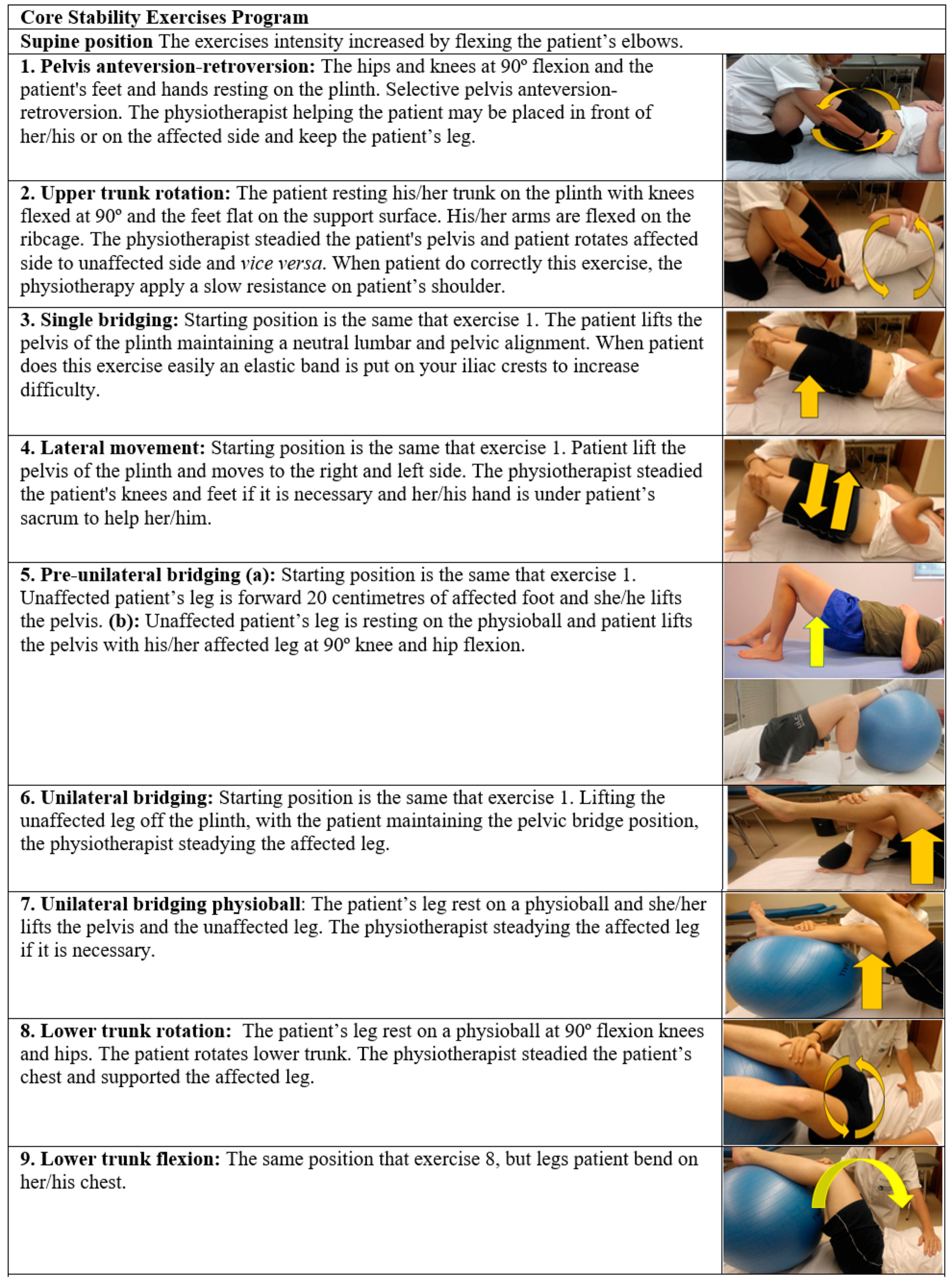
Background: Trunk impairment produces disorders of motor control, balance and gait. Core stability exercises (CSE) are a good strategy to improve local strength of trunk, balance and gait. Methods and analysis: This is a single-blind multicenter randomized controlled trial. Two parallel groups are compared, and both perform the same type of therapy. A control group (CG) (n = 110) performs conventional physiotherapy (CP) (1 h per session) focused on improving balance. An experimental group (EG) (n = 110) performs CSE (30 min) in addition to CP (30 min) (1 h/session in total). EG is divided in two subgroups, in which only half of patients (n = 55) perform CSE plus transcutaneous electrical nerve stimulation (TENS). Primary outcome measures are dynamic sitting, assessed by a Spanish version of Trunk Impairment Scale and stepping, assessed by Brunel Balance Assessment. Secondary outcomes are postural control, assessed by Postural Assessment Scale for Stroke patients; standing balance and risk of fall assessed by Berg Balance Scale; gait speed by BTS G-Walk (accelerometer); rate of falls, lower-limb spasticity by Modified Ashworth Scale; activities of daily living by Barthel Index; and quality of life by EQ-5D-5L. These are evaluated at baseline (T0), at three weeks (T1), at five weeks (end of the intervention) (T2), at 17 weeks (T3) and at 29 weeks (T4). Study duration per patient is 29 weeks (a five-week intervention, followed by a 24-week post-intervention).
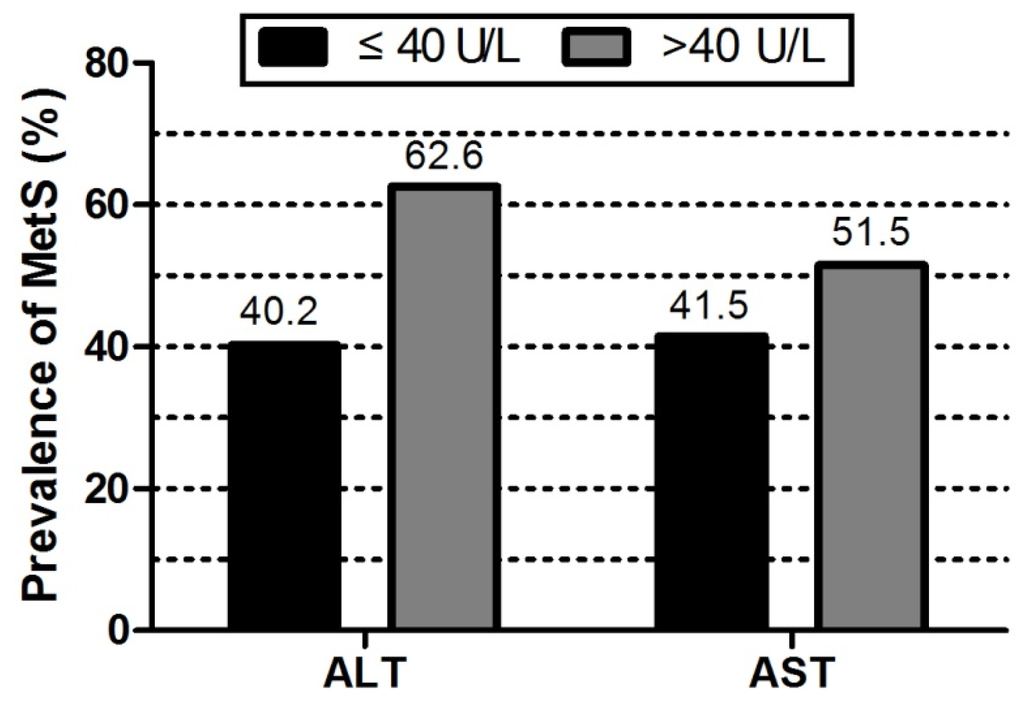
IJERPH, Free Full-Text
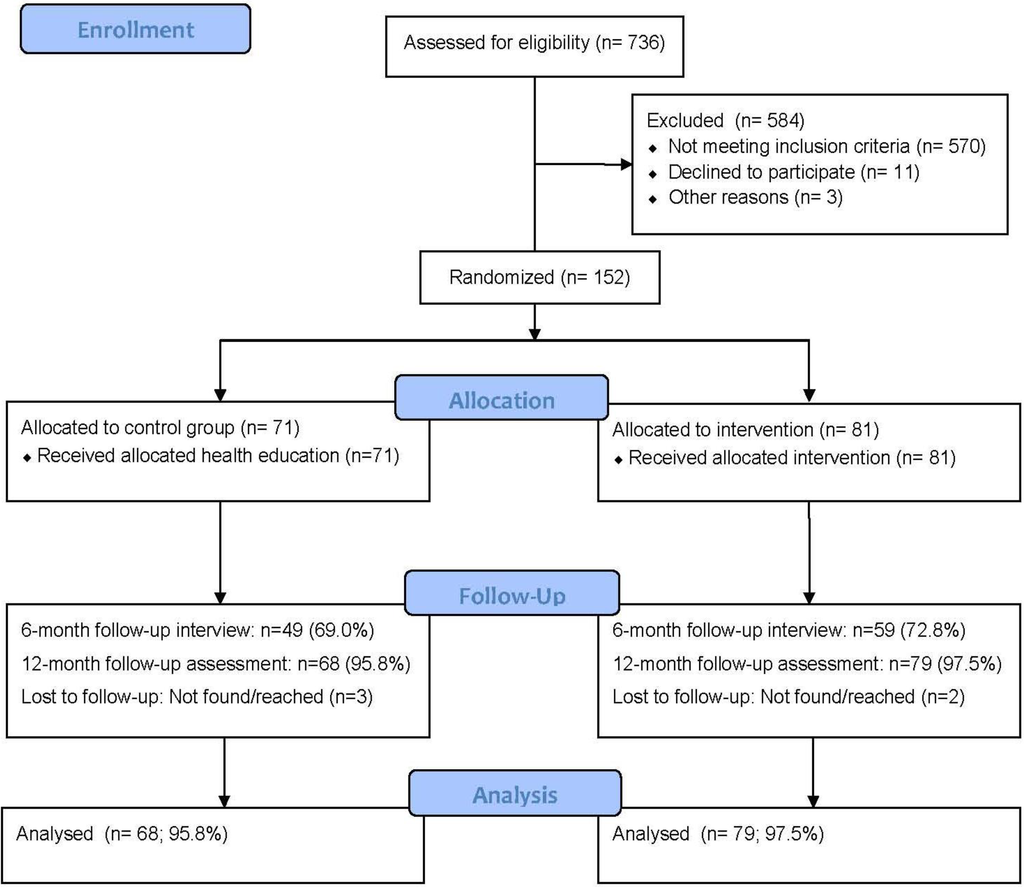
IJERPH, Free Full-Text

IJERPH, Free Full-Text

IJERPH, Free Full-Text
Ijerph Free Full Text Environmental Assessment And Evaluation Of
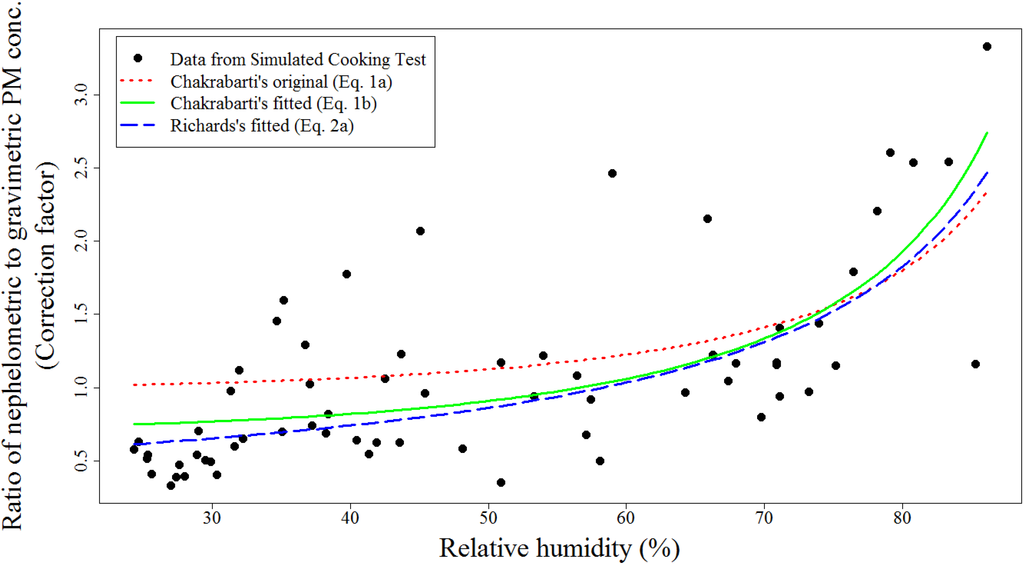
IJERPH, Free Full-Text

IJERPH, Free Full-Text, start the survey tradução

IJERPH, Free Full-Text
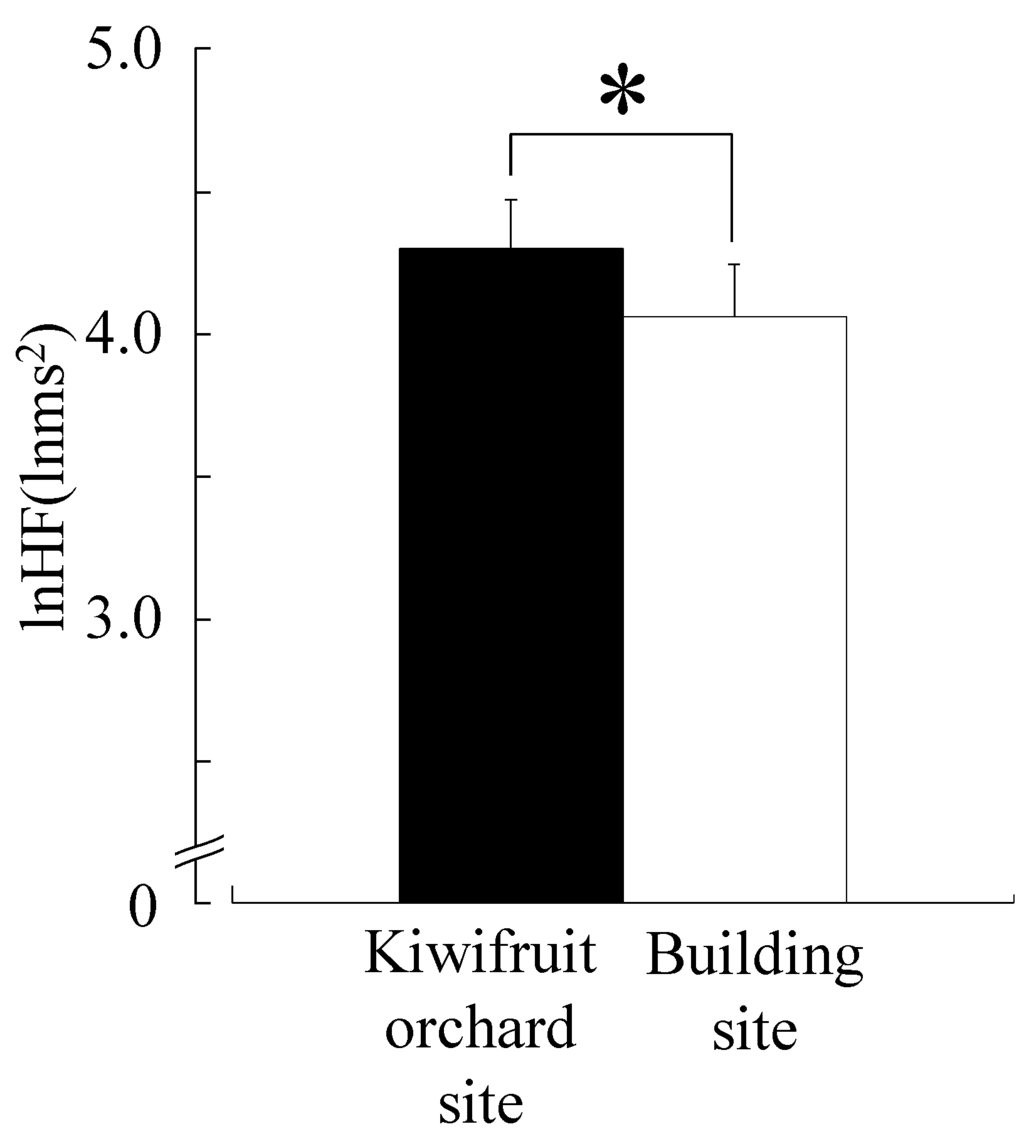
IJERPH, Free Full-Text
Breast Cancer Treatment in Integrated Care Process in Andalusia: The Challenge of Multidisciplinarity, IJERPH, Free Full-Text
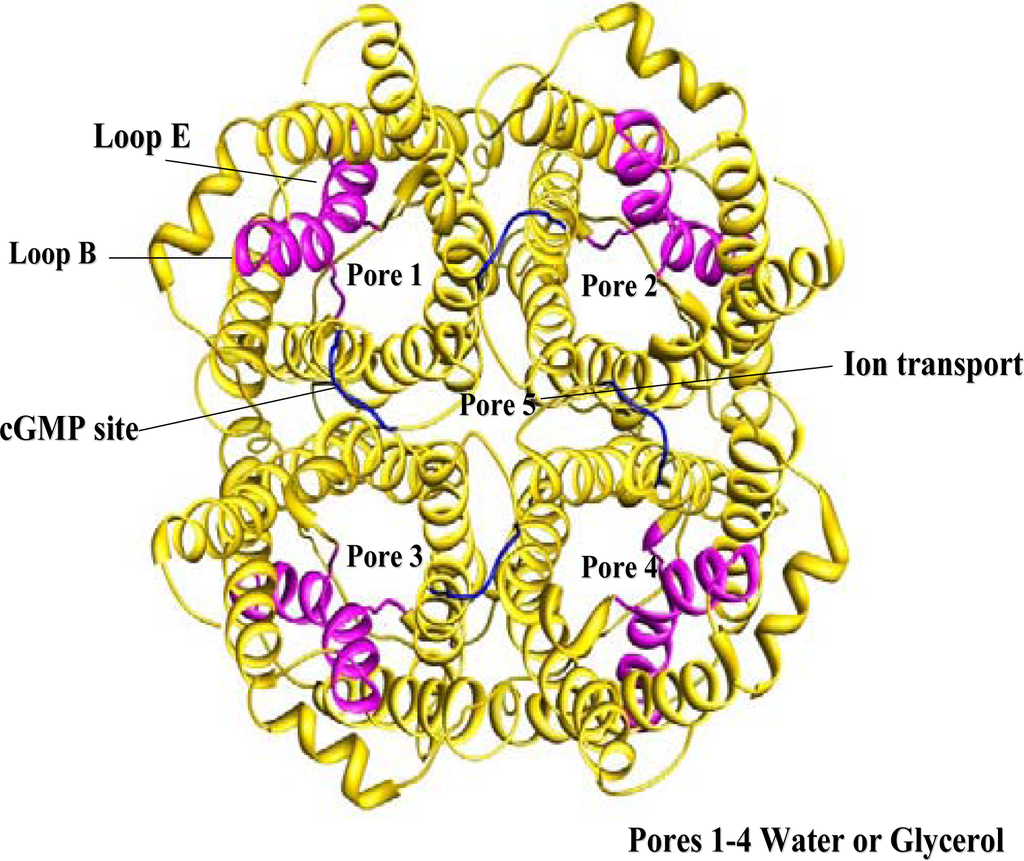
IJERPH, Free Full-Text







